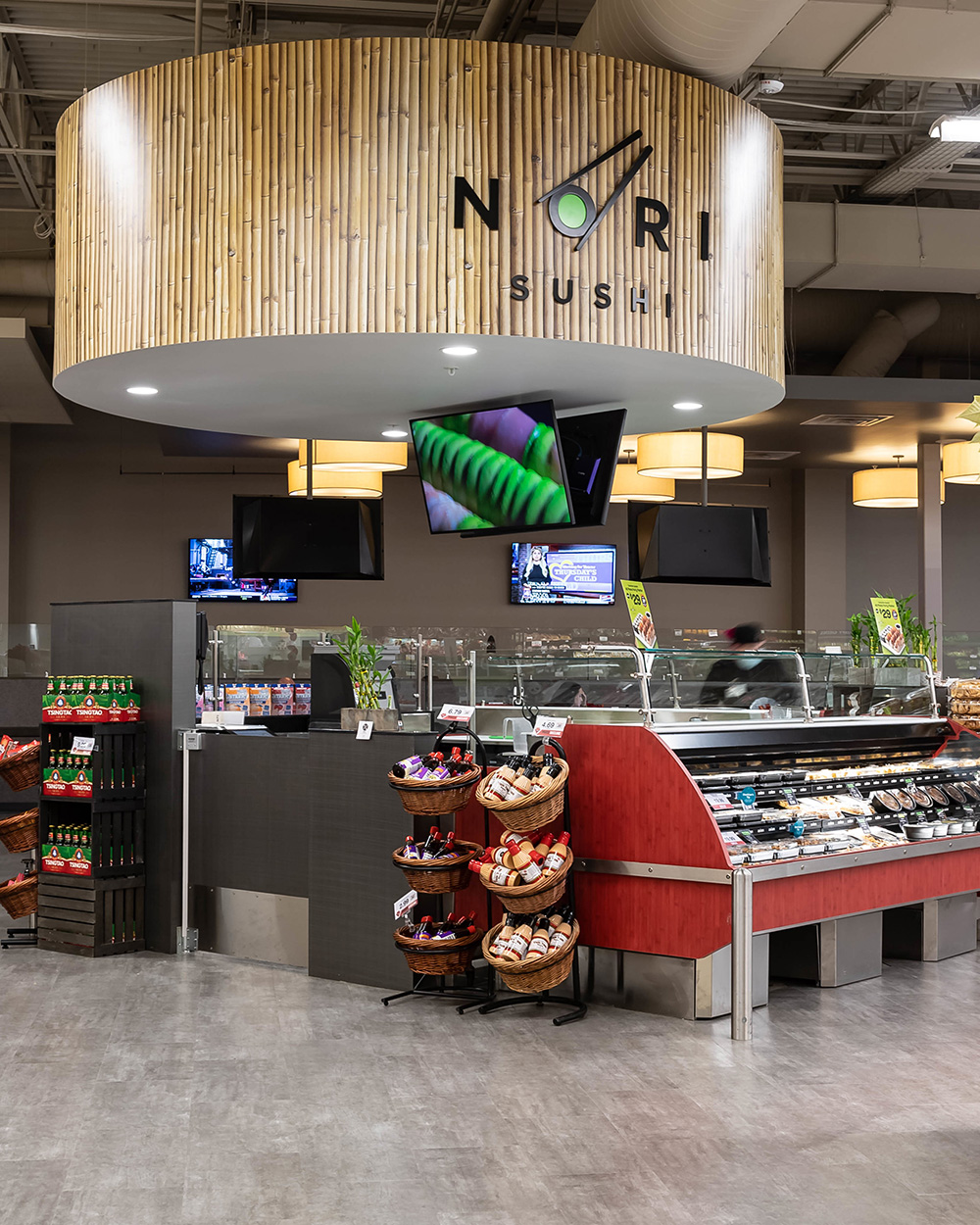


In the wake of Covid-related manufacturing slowdowns, more car buyers had turned to factory-ordering their new vehicles rather than just picking from whatever was already on dealer’s lots. These companies also import a few of their models from European and Asian factories that aren’t impacted at all by strikes in the US, such as GM’s Chevrolet Trailblazer, made in South Korea, and Stellantis’s Italian-built Dodge Hornet. Work could continue for a while at final assembly plants but, before long, production would be impacted by a lack of major components coming from factories that have been shut down, said Thomas Goldsby, professor of supply chain management at the University of Tennessee. If the UAW calls strikes on plants that build things like engines and transmissions, that would be more disruptive. So, if you’re in the market for, for instance, a Ford Bronco, a Jeep Wrangler or a GMC Canyon pickup, you should probably get to the dealership soon before inventories start to get really thin in a few weeks. That means this strike currently only impacts buyers shopping for those particular models. For now, the UAW has called strikes at three final assembly plants, where vehicles are built to be shipped to consumers. They probably won’t reach the levels reached during the computer chip shortages but, in the worst case, it could come close.Īt plants where workers aren’t out on strike, production will presumably continue. If the strike drags on a long time, said Tyson Jominy, an industry analyst with JD Power, prices will start to rise again. Ultimately, this could translate to pricing pressure as domestic automaker inventories start to run low and their competitors may not have the vehicles ready to pick up the demand.įor now, at least, the strikes are confined to factories making only a few specific models. Toyota, BMW, Hyundai, Nissan, Tesla, Volvo and Subaru, just to name some, are still producing cars, trucks and SUVs in the United States, and their workers are not unionized.īut dealerships for the Japanese and South Korean automakers have always tended to have less vehicle inventory on-hand than those for the Michigan-based automakers, Kunes said. Not all automakers are facing a strike right now.

His dealers also took steps get more new vehicles onto their lots. “We started to stock up on used vehicle inventory, especially in the domestic makes, and some of the hotter models.” “We already started to take some action a few weeks ago, when it looked like the strike was pretty imminent,” Kunes said. The auto manufacturing crises of recent years have left auto dealers better prepared to deal with disruptions, said Scott Kunes, chief operating officer of Kunes Auto and RV Group, which owns more than 40 dealerships in the Midwest. They also service cars, and their service operations will continue, as well, although parts supplies could be hampered. Paul Sancya/APįor first time in history, union workers strike against all Big Three automakersīesides, new car dealers also sell used cars and, even if the flow of new cars suddenly stops entirely, they will continue to do so. A United Auto Workers sign is shown during the Labor Day parade in Detroit, Monday, Sept.


 0 kommentar(er)
0 kommentar(er)
